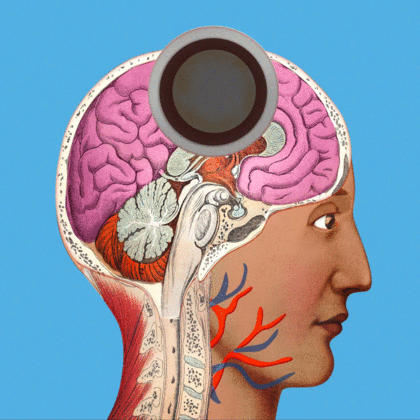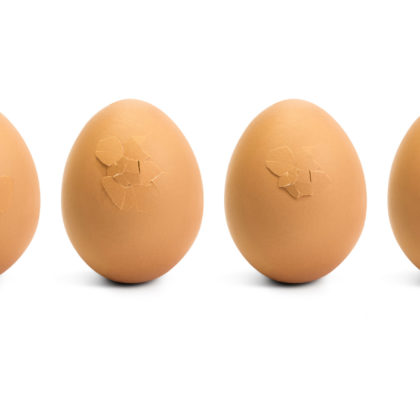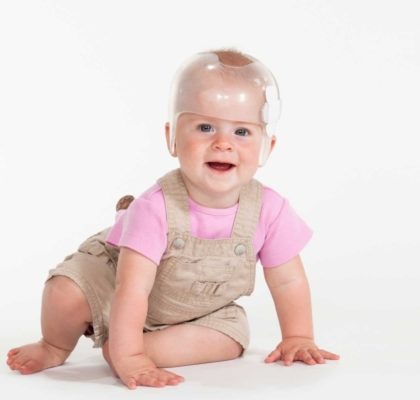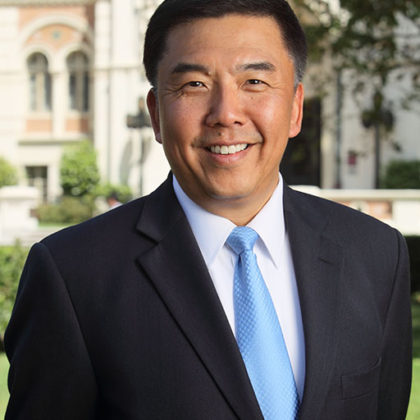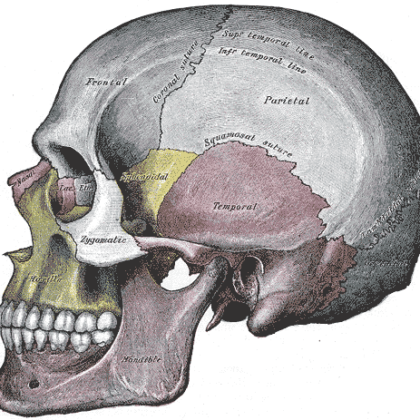Stories
Cell by cell: Rebuilding the body
USC researchers are revolutionizing how we treat disease by harnessing stem cells as “living medicine.” Anyone who’s healed from a cut or a scrape has witnessed the incredible regenerative power of stem …
USC researchers regenerate skull tissue using stem cells and 3-D printed scaffolding in swine
Every year, surgeons perform more than 5,000 cranioplasties—surgeries that restore cranial defects—on patients who have experienced critical size cranial defects resulting from congenital defects, head trauma or tumor removals. Traditional materials used …
Stem cells may correct deformity and restore brain function after childhood disorder
USC scientists have regenerated parts of the skull affected by a common birth defect called craniosynostosis. Using stem cells to regenerate parts of the skull, USC scientists partially corrected a skull deformity …
Research group awarded $12 million to establish tissue regeneration center
A research team called C-DOCTOR (Center for Dental, Oral and Craniofacial Tissue and Organ Regeneration), initiated by the Ostrow School of Dentistry of USC, is one step closer to developing products that …
Discovery could lead to biological treatment for common birth defect
Throughout every human and animal’s body, stem cell populations are responsible for the growth, regeneration and repair of tissues. While the power of some types of stem cells is already being used …
USC, UCLA and UCSF put their heads together to find stem cell-based cures for craniofacial defects
One in every 2,000 babies is born with a skull that can’t grow normally. Various sections of these babies’ skulls are fused together at joints called sutures, constricting the developing brain and …

